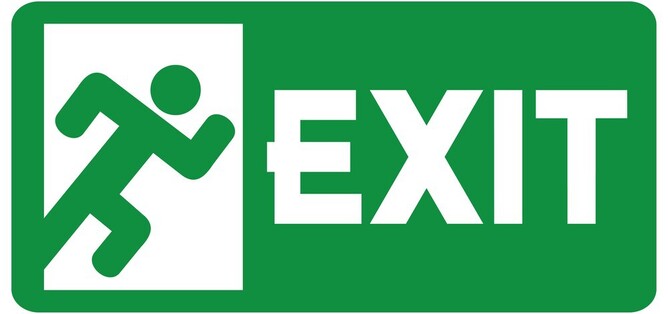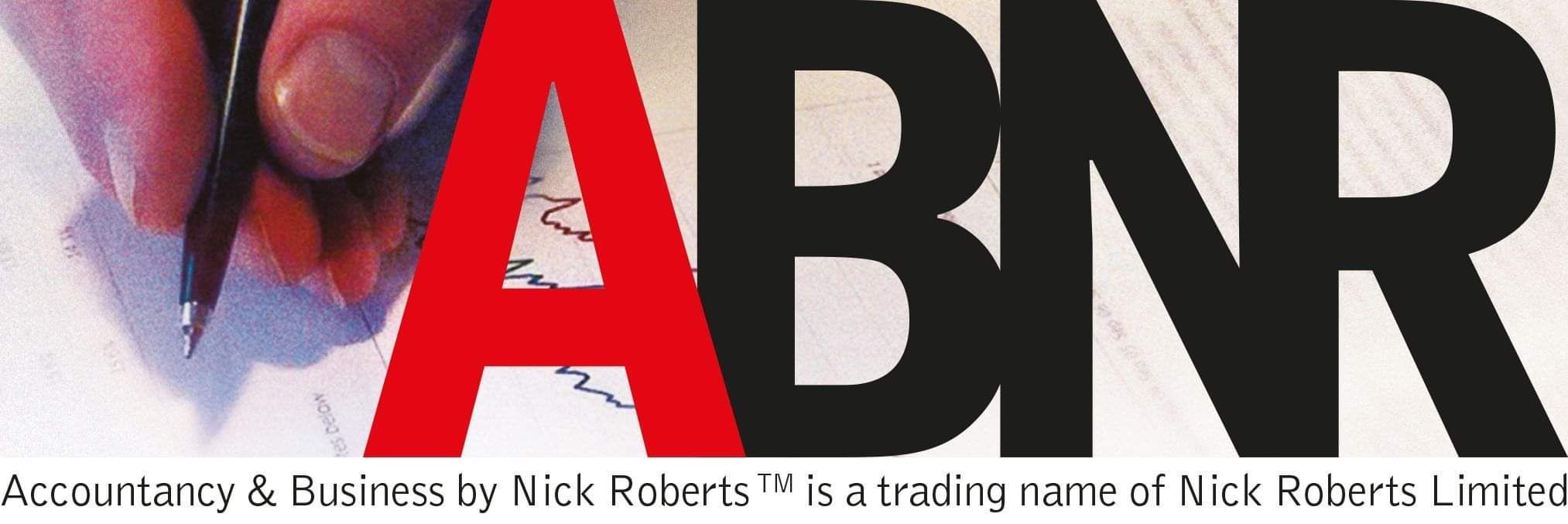I meet many business owners who haven’t given a lot of thought to what their longer term plans are. Often they are continually bogged down in the daily routine and don’t take the time out to plan for the future.
When I ask ‘what do you want to be doing in 5 to 10 year time’ often the answer is that they want to have exited their business, or at least be in the process of exiting. This quickly leads into discussions around what they think their business is worth, what they’d like it to be worth and who the likely buyers are.
When it comes to valuing a business there are numerous factors to take into consideration but the fundamental questions a potential buyer asks are:
• How much cash is the business likely to generate in the future?
• What are the main risk factors for the business?
Basically, it it’s the age old risk/return equation. The higher the risk involved with a business, the more of a return someone wants on the money that they will have invested in it. Typically a large portion of business risk is concentrated around one or more of the following areas:
- Reliance of key people (often the owners of the business)
- Reliance on key customers
- Reliance on key suppliers
What would you rather invest in, a business with 1000 customers each spending $5,000, or a business with 5 customers each spending $1,000,000? How about a business where the current owner holds all the essential business knowledge and relationships, compared to a business where 10 employees all share responsibility for business relationships?
If you want to maximise the value of your business, start analysing what your key areas of risk are and look for how these can be mitigated. Key things that can make a huge difference to the value of your business are as follows:
• Create documented systems and procedures and update them regularly. Not only is this great when it comes time to sell, but if you are unexpectedly taken away from your business for any reason, someone else can pick up the manual and keep things going.
• Make sure that your business can run without you. Get others involved with generating income, taking responsibility and managing relationships. Not only will this add value to your business, it will also make things easier for you on a day to day basis.
• Try not to be too reliant on a few key customers, but if you can’t avoid this in the short term, have a detailed ‘Plan B’ which can quickly be put in place if a key client leaves. Typically this plan B involves how costs can rapidly be reduced to counter the effects of losing the customer.
• Try and have multiple suppliers for essential inputs so that the future of your business is not dependent on the on-going success of another business.
These changes all take time to implement, so even if an exit isn’t planned, now is the time to get started. You never know when your circumstances will change.
If you need help with exiting your business call Nick on 021 225 6425 or email nick@abnr.co.nz.


